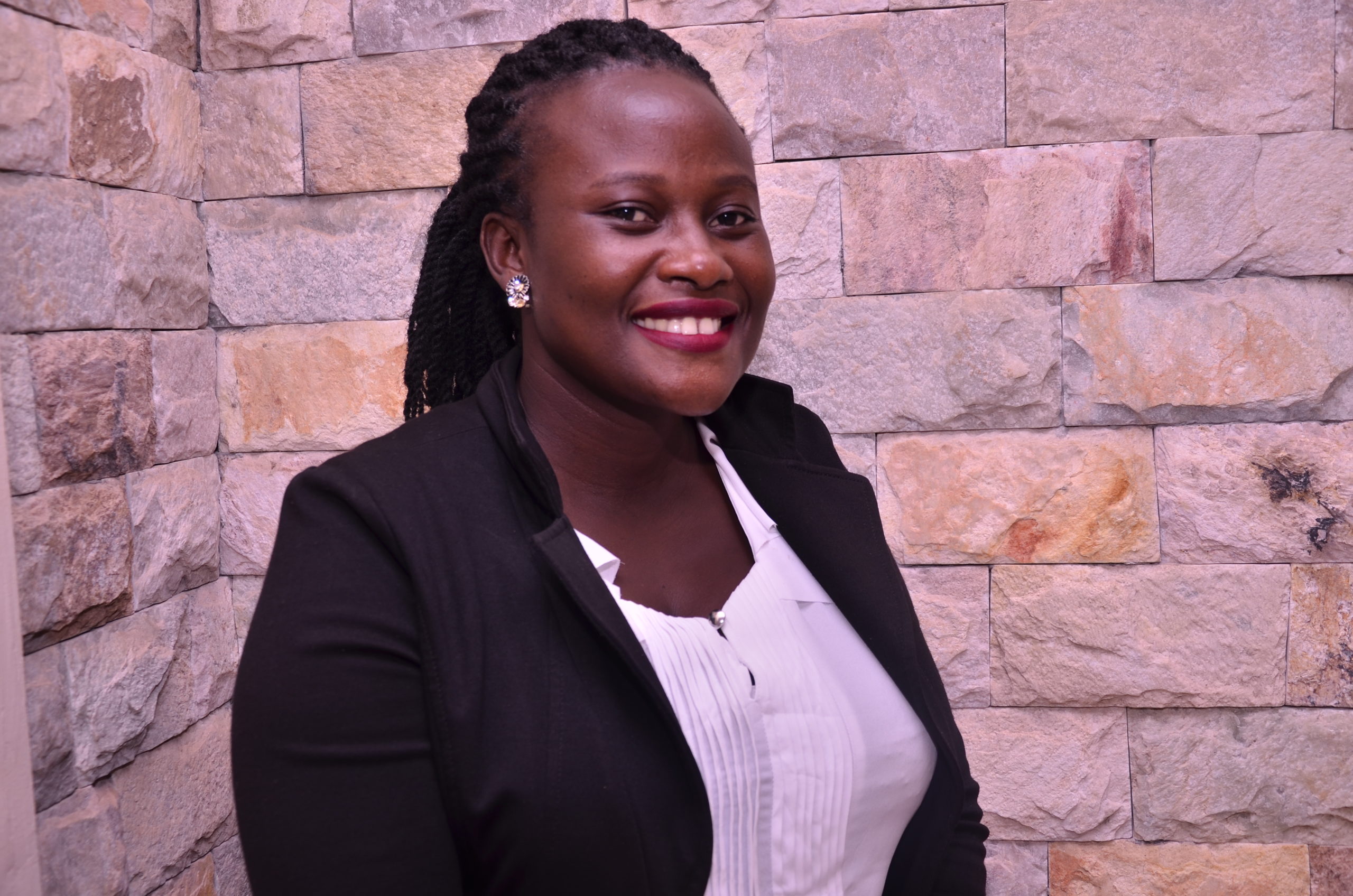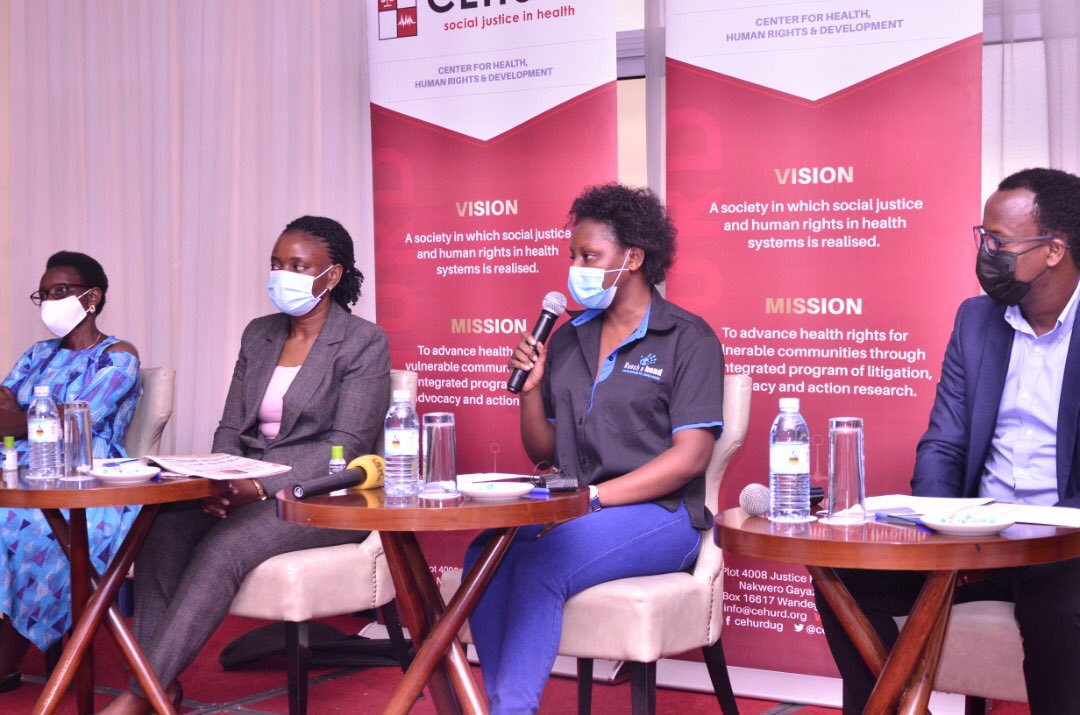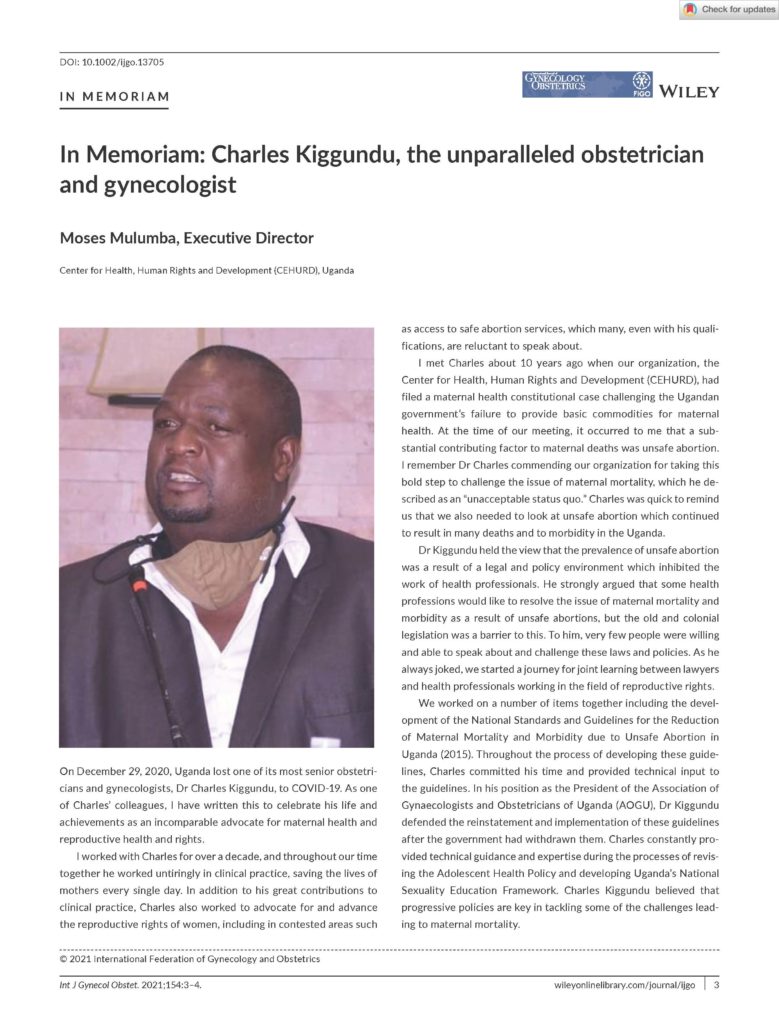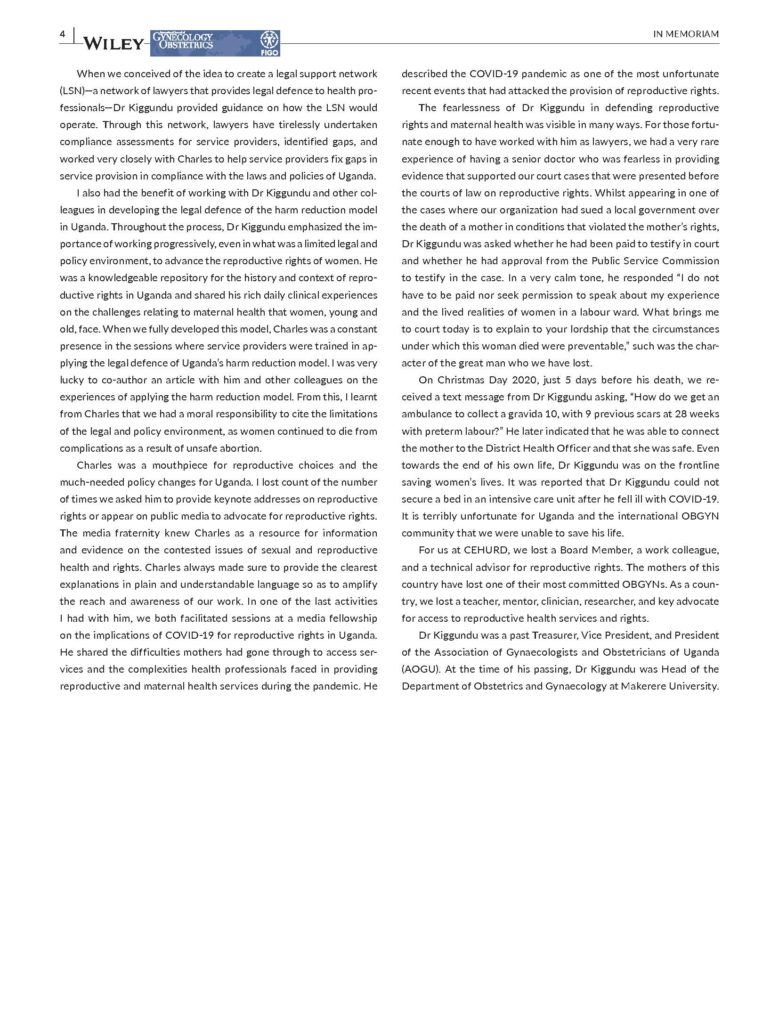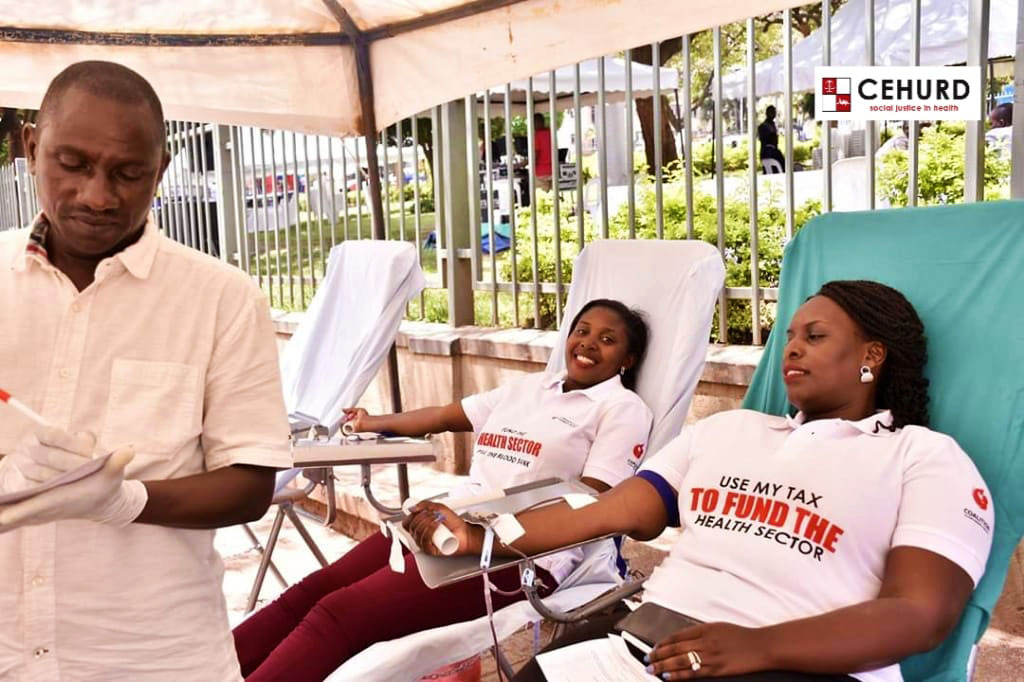FOR IMMEDIATE RELEASE:
WEDNESDAY, 16 TH JUNE 2021
Kampala – Uganda
Today, the undersigned civil society organisations have convened the press to express concerns over access to Oxygen therapy in the country. Oxygen is an essential life-saving commodity which must be accessed in a timely way when needed. It is essential for people with Covid-19 as well as those with other health conditions, such as pneumonia,
cancer and cardiovascular diseases, among others.
Research indicates that access to Oxygen in Uganda has been problematic in the past. Most hospitals
have some Oxygen supply. However, these hospitals continue to struggle with various challenges such as
dependable delivery and effective use of Oxygen. In addition, there is a lack of knowledge and skills among
health-care providers on some aspects of Oxygen therapy, such as commodity delivery and pulse oximetry.
These gaps have been further exacerbated and exposed by Covid-19. This context has an impact on the
availability, accessibility, acceptability and overall quality of Oxygen in the country.
Through the enactment of the National Scale up of Medical Oxygen Implementation Plan 2018-2022 1 , the
Government of Uganda committed challenges for the availability, access and quality of Oxygen therapy in
the country. The Plan aims to increase the availability and utilization of oxygen in higher level facilities
along four main objectives namely: providing a national strategic framework to guide scale up of oxygen
supply and utilization; securing, maintenance and replacement of oxygen therapy and diagnostic equipment
through the regional workshops and the National Medical Store; providing a framework for training of staff
in health facilities on rational use of oxygen and basic maintenance of equipment as well as providing an
advocacy instrument to secure funding to support oxygen scale up interventions. The Plan was projected to
cost an estimated investment of USD 4.3m in the initial year of 2018 and annual costs of USD 1.5m per
year thereafter. However, previously, an uneven electricity distribution, malfunctioning oxygen cylinders,
limited access to pulse oximetry, inadequate staffing as well as lack of continued professional training have
been cited as the biggest impediments to access to Oxygen.
There are currently no official up to date reports that point to the extent of oxygen access during the Covid-19 pandemic but media reports in 2020 painted a very worrying picture in terms of the quality of oxygen
patients received and the lack of availability and accessibility for the same. This year the story has not been
any different.
Oxygen is being rationed and health care workers have to make the difficult choice of who can be prioritized for oxygen therapy or not. It is reported that 14% of Covid patients will need oxygen in hospital
and 5% mechanical ventilation in intensive care. On June 9th 2021, the Daily Monitor reported that 10
patients had succumbed to COVID-19 at Soroti Hospital over lack of oxygen. Moreover, there is also the
issue of health workers being arrested over allegations of theft of oxygen cylinders in some hospitals.
As civil society, we are concerned about the many challenges associated with access to Oxygen for
patients with Covid-19 and other conditions in the country, which undoubtedly have an impact on the right
to health. The situation is indeed worrying especially following the second wave of COVI-19. Public
hospitals especially in the capital of Kampala and major cities and towns have run out of Oxygen supply.
Some individuals and families have been able to meet the very high costs of Oxygen therapy in private
hospitals. Other families have resorted to meeting high costs of monitoring Oxygen levels of their patients
and administering Oxygen therapy at home. These options have come with financial exploitation of patients
and families by private suppliers/providers of Oxygen and related tools and equipment, which are focusing
on profit margins. This has driven patients and their families into catastrophic health expenditures.
Some of these families were able to access Oxygen therapy in public hospitals outside Kampala before the
inter-district travel ban, even though this comes with a risk of Covid-19 spread. But the vast majority of
Ugandans cannot afford to pay for access to Oxygen in private health facilities, as well as getting the
Oxygen therapy from home, yet trotting from one public facility to another in search for Oxygen therapy.
This constitutes inequities and social injustices that infringe on the right to health and ultimately draw the
country further away from the realisation of Universal Health Coverage (UHC).
Civil society is further concerned about access to information on Oxygen therapy. Whereas access to
information on health care is crucial for the realization of the right to health, there a lack of systematic and
consistent provision of information specifically about Covid-19 vaccination and now about centres where
Ugandans can access Oxygen therapy.
The Oxygen shortage exists amid health workers being stretched, failure to observe the Ministry of Health
recommended standard operating procedures including within health facilities, scarcity of beds, and lack of
the right information to guide the general public on COVID-19 management, especially on vaccination and
Oxygen access. Lack of information has made the public resort to using local remedies such as use of
herbs without regulation, posing health risks. Civil Society recognizes Government’s current efforts to
expand the local production of Oxygen and recommends that these issues be addressed along with these
efforts.
As Civil Society, we remind Government of its obligations and call for action as hereunder:
- Improved access to Oxygen therapy by harmonising the coordination framework at the national
level to scale up Oxygen availability, supply and use. - Protect patients and families by regulating costs of Oxygen therapy, related tools and equipment.
- Consider a supplementary budget for addressing the current Oxygen availability and access crisis
in the country. - Provide systematic and clear communication on the availability and access to Oxygen therapy,
including the referral pathways. - Strengthen community participation on issues of Oxygen access and use, including the adaptation
of community approaches such as safe Oxygen use at home to decongest health facilities, reduce
the overwhelming work load on health care workers and prevent health care setting related
infections.
Undersigned Civil Society Organisations
Action Group for Health Human Rights & HIV/ AIDS – AGHA
African Institute for Investigative Journalism – AIIJ
Action for Rural Women’s Empowerment – ARUWE
Center for Health, Human Rights and Development – CEHURD
Coalition for Health Promotion and Social and Development – HEPS Uganda
Reach A Hand Uganda – RAHU
Uganda National Health Consumers’ Organisation – UNHCO
For more information contact: info@cehurd.org and copy in tumwesigye@cehurd.org or call 0788-
882809.
1 Ministry of Health. National Scale up of Medical Oxygen Implementation Plan 2018 – 2022.
https://www.health.go.ug/cause/national-scale-up-of-medical-oxygen-implementation-plan-2018-2022/


